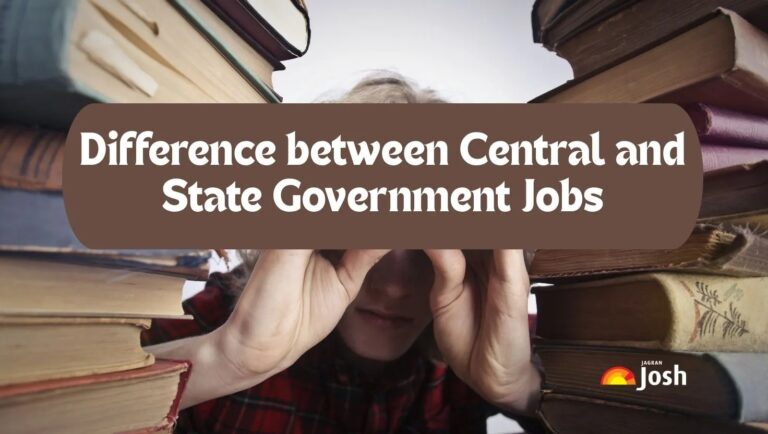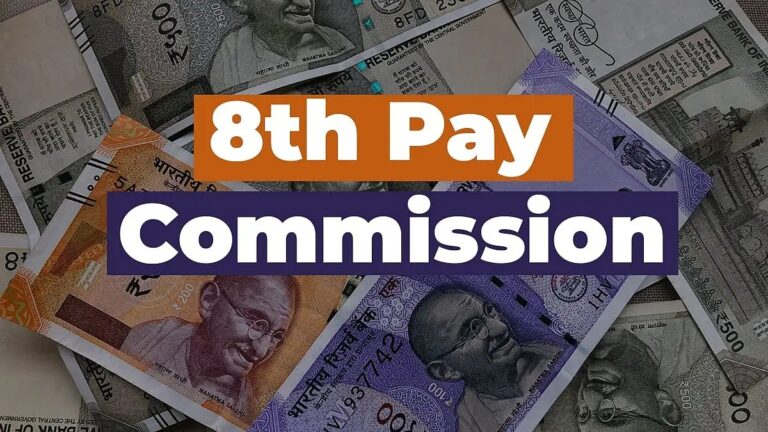
Unified Pension Scheme Faces Limited Adoption, Sparks Government Review
The Indian government is evaluating potential reforms to the Unified Pension Scheme (UPS), a hybrid model introduced under the National Pension System (NPS) in 2025. Designed to merge features of the previous NPS and the Old Pension Scheme (OPS), the UPS aimed to provide guaranteed pensions while retaining market-linked flexibility. However, the scheme has faced minimal uptake among central government employees, prompting officials to extend the subscription deadline from June 30 to September 30. Despite its dual approach, the UPS has struggled to attract interest, with only 1.35% of NPS subscribers opting for the new model as of July 2025. This lukewarm response has led to discussions about adjusting benefits to enhance its appeal. The government remains cautious, emphasizing its commitment to addressing the needs of its target demographic while avoiding broad expansion to other pension frameworks.
Eligibility and Operational Metrics Highlight Scheme’s Scope
Finance Minister Nirmala Sitharaman confirmed that 25,756 retired central government employees are eligible for additional benefits under the UPS, as per the Central Civil Service (Payment of Gratuity under National Pension System) Rules, 2021. These include extended retirement and death gratuity provisions, which aim to bolster the scheme’s attractiveness. As of July 20, 4,978 of the 7,253 claims processed under the UPS have been approved, reflecting the scheme’s operational reach. Sitharaman also clarified that UPS subscribers will now have access to benefits under the CCS (Pension) Rules, 2021, and the CCS (Extraordinary Pension) Rules, 2023, in cases of service-related deaths or disabilities. These provisions, coupled with tax benefits under the Income Tax Act, 1961, are intended to strengthen the UPS’s appeal while maintaining its focus on central government employees.
Political Pressures and Market-Linked Flexibility Shape Pension Reforms
The UPS was introduced amid political pressures to address dissatisfaction with the OPS, which had faced criticism for its rigid structure. However, most eligible employees have remained loyal to the NPS, citing its market-linked flexibility and tax advantages. The government’s decision to extend the subscription period reflects a strategic effort to balance political demands with the practical preferences of its workforce. Despite the low adoption rate, officials have ruled out broadening the scheme to other pension frameworks, emphasizing its targeted design for central government employees. The PFRDA’s lack of granular data on state-wise adoption rates further underscores the challenge of assessing the UPS’s impact on a national scale.
Comparative Analysis Reveals NPS’s Persistent Dominance
Data from an RTI reply indicates that only 30,989 out of 23 lakh NPS subscribers have opted for the UPS, highlighting the scheme’s limited success. This stark contrast underscores the enduring preference for the NPS, which offers greater financial flexibility and tax benefits. The government’s extension of the subscription deadline to September 30 aims to mitigate the risk of permanent exclusion from the NPS for those who missed the initial window. While the UPS seeks to address perceived shortcomings of the OPS, its inability to gain traction suggests that structural reforms may be necessary to align it with the evolving needs of central government employees.
Category Focus and Policy Implications for Central Government Employees
The UPS’s focus on central government employees (Category ID 6) highlights its role in shaping pension policies for this specific demographic. The scheme’s eligibility criteria, which include service tenure and retirement dates, reflect a targeted approach to ensure benefits are reserved for those who qualify under the existing NPS framework. As the government continues to monitor the UPS’s performance, the emphasis remains on refining its features without compromising its core objectives. The broader implications of this reform underscore the delicate balance between addressing political pressures and meeting the financial expectations of a workforce accustomed to market-linked pension models.



